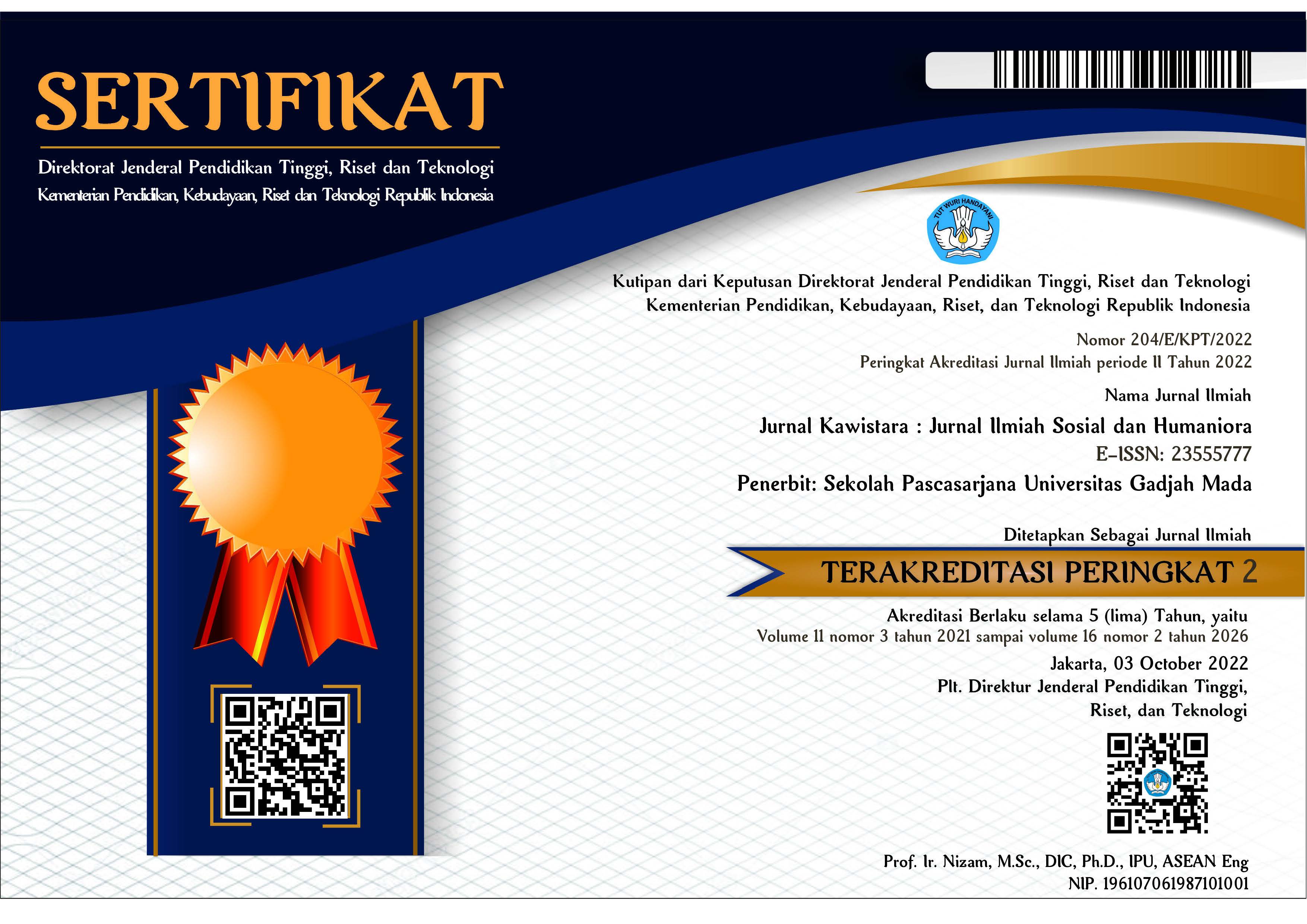PARADOKS DESENTRALISASI PERUMAHAN DI INDONESIA STUDI KASUS KOTA PALEMBANG DAN KOTA PEKALONGAN
Mahditia Paramita(1*)
(1) Program Studi Studi Kebijakan Sekolah Pascasarjana Universitas Gadjah Mada
(*) Corresponding Author
Abstract
Housing decentralization not only positions housing sector as regional obligatory, but also triggers
public expectations upon the improvement of housing conditions. Various weaknesses of centralized
system that full of generalization in housing policy makes decentralized system is interpreted as an
innovative renewal process. However, the central government still does a lot of intervention toward
housing program. Limitation happens to local government such as limitation in housing finance,
weakness in coordination ability, and less established of local bureaucracy makes intervention from
central government in housing program financed by APBN always dominates. The least contribution
from local government on public housing sector in decentralization era creates paradox. It is caused by
the Ministry of Public Housing (Kemenpera) that cannot perform fully as substitutional institution role
in managing housing in local area. Kemenpera position as ministerial cluster 3 makes them does not
have representative office in local area. Thus, there will be potential of a repeat experience in the past, in
form of generalization in housing policy, that complicates the housing problems itself.
public expectations upon the improvement of housing conditions. Various weaknesses of centralized
system that full of generalization in housing policy makes decentralized system is interpreted as an
innovative renewal process. However, the central government still does a lot of intervention toward
housing program. Limitation happens to local government such as limitation in housing finance,
weakness in coordination ability, and less established of local bureaucracy makes intervention from
central government in housing program financed by APBN always dominates. The least contribution
from local government on public housing sector in decentralization era creates paradox. It is caused by
the Ministry of Public Housing (Kemenpera) that cannot perform fully as substitutional institution role
in managing housing in local area. Kemenpera position as ministerial cluster 3 makes them does not
have representative office in local area. Thus, there will be potential of a repeat experience in the past, in
form of generalization in housing policy, that complicates the housing problems itself.
Keywords
Paradox, Decentralization Public Housing, Local Government
Full Text:
PDFArticle Metrics
Refbacks
- There are currently no refbacks.
Copyright (c)
Jurnal Kawistara is published by the Graduate School, Universitas Gadjah Mada.











